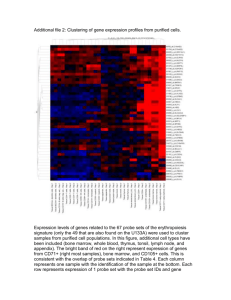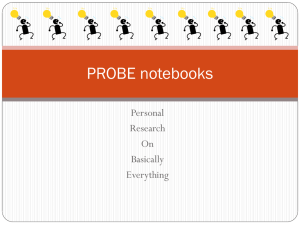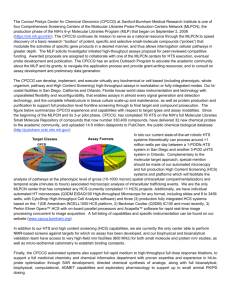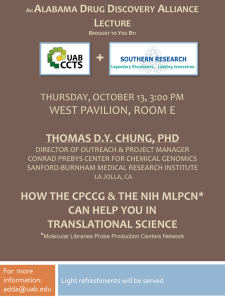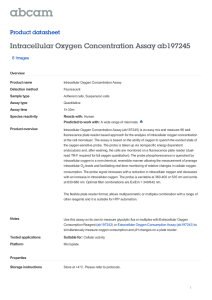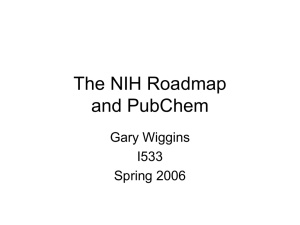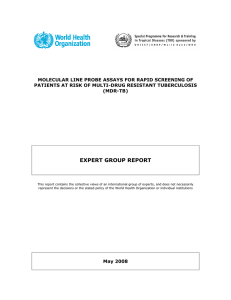PAR-08-024 Assay Development for High Throughput Screening
advertisement
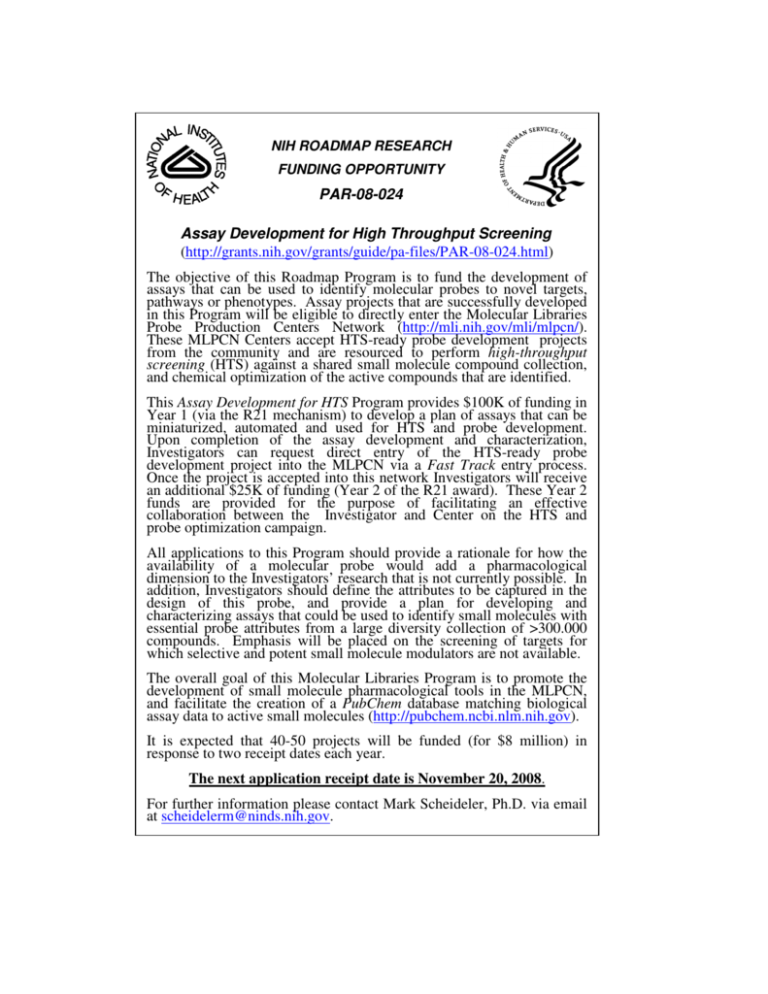
NIH ROADMAP RESEARCH FUNDING OPPORTUNITY PAR-08-024 Assay Development for High Throughput Screening (http://grants.nih.gov/grants/guide/pa-files/PAR-08-024.html) The objective of this Roadmap Program is to fund the development of assays that can be used to identify molecular probes to novel targets, pathways or phenotypes. Assay projects that are successfully developed in this Program will be eligible to directly enter the Molecular Libraries Probe Production Centers Network (http://mli.nih.gov/mli/mlpcn/). These MLPCN Centers accept HTS-ready probe development projects from the community and are resourced to perform high-throughput screening (HTS) against a shared small molecule compound collection, and chemical optimization of the active compounds that are identified. This Assay Development for HTS Program provides $100K of funding in Year 1 (via the R21 mechanism) to develop a plan of assays that can be miniaturized, automated and used for HTS and probe development. Upon completion of the assay development and characterization, Investigators can request direct entry of the HTS-ready probe development project into the MLPCN via a Fast Track entry process. Once the project is accepted into this network Investigators will receive an additional $25K of funding (Year 2 of the R21 award). These Year 2 funds are provided for the purpose of facilitating an effective collaboration between the Investigator and Center on the HTS and probe optimization campaign. All applications to this Program should provide a rationale for how the availability of a molecular probe would add a pharmacological dimension to the Investigators’ research that is not currently possible. In addition, Investigators should define the attributes to be captured in the design of this probe, and provide a plan for developing and characterizing assays that could be used to identify small molecules with essential probe attributes from a large diversity collection of >300.000 compounds. Emphasis will be placed on the screening of targets for which selective and potent small molecule modulators are not available. The overall goal of this Molecular Libraries Program is to promote the development of small molecule pharmacological tools in the MLPCN, and facilitate the creation of a PubChem database matching biological assay data to active small molecules (http://pubchem.ncbi.nlm.nih.gov). It is expected that 40-50 projects will be funded (for $8 million) in response to two receipt dates each year. The next application receipt date is November 20, 2008. For further information please contact Mark Scheideler, Ph.D. via email at scheidelerm@ninds.nih.gov.

